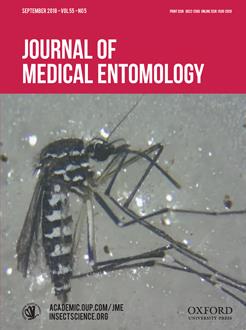Aedes aegypti (L.) (Diptera: Culicidae) is a vector of many medically significant viruses in the Americas, including dengue virus, chikungunya virus, and Zika virus.Traits such as longevity, fecundity, and feeding behavior contribute to the ability of Ae. aegypti to serve as a vector of these pathogens. Both local environmental factors and population genetics could contribute to variability in these traits. We performed a comparative study of Ae. aegypti populations from four geographically and environmentally distinct collection sites in Argentina in which the cohorts from each population were held at temperature values simulating a daily cycle, with an average of 25°C in order to identify the influence of population on life-history traits. In addition, we performed the study of the same populations held at a daily temperature cycle similar to that of the surveyed areas. According to the results, Aguaray is the most outstanding population, showing features that are important to achieve high fitness. Whereas La Plata gathers features consistent with low fitness. Iguazu was outstanding in blood-feeding rate while Posadas's population showed intermediate values. Our results also demonstrate that climate change could differentially affect unique populations, and that these differences have implications for the capacity for Ae. aegypti to act as vectors for medically important arboviruses.
How to translate text using browser tools
11 April 2018
Factors Related to Aedes aegypti (Diptera: Culicidae) Populations and Temperature Determine Differences on Life-History Traits With Regional Implications in Disease Transmission
Evangelina Muttis,
Agustin Balsalobre,
Ailen Chuchuy,
Carolina Mangudo,
Alexander T. Ciota,
Laura D. Kramer,
María Victoria Micieli
ACCESS THE FULL ARTICLE
It is not available for individual sale.
This article is only available to subscribers.
It is not available for individual sale.
It is not available for individual sale.

Journal of Medical Entomology
Vol. 55 • No. 5
September 2018
Vol. 55 • No. 5
September 2018
Argentina
fitness
mosquito




